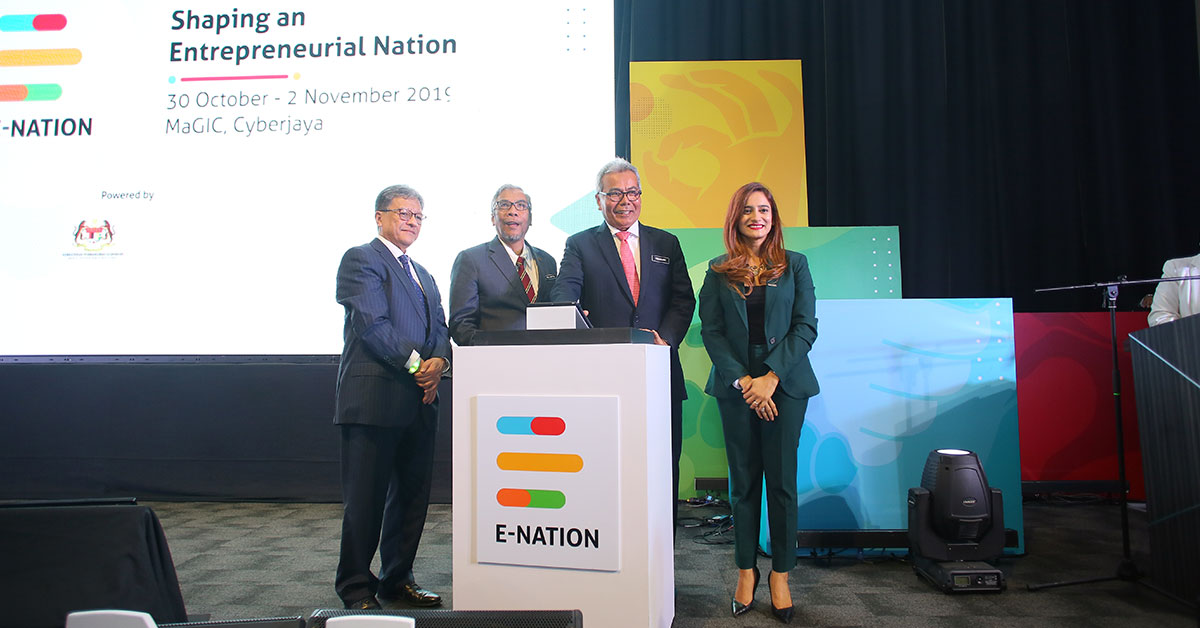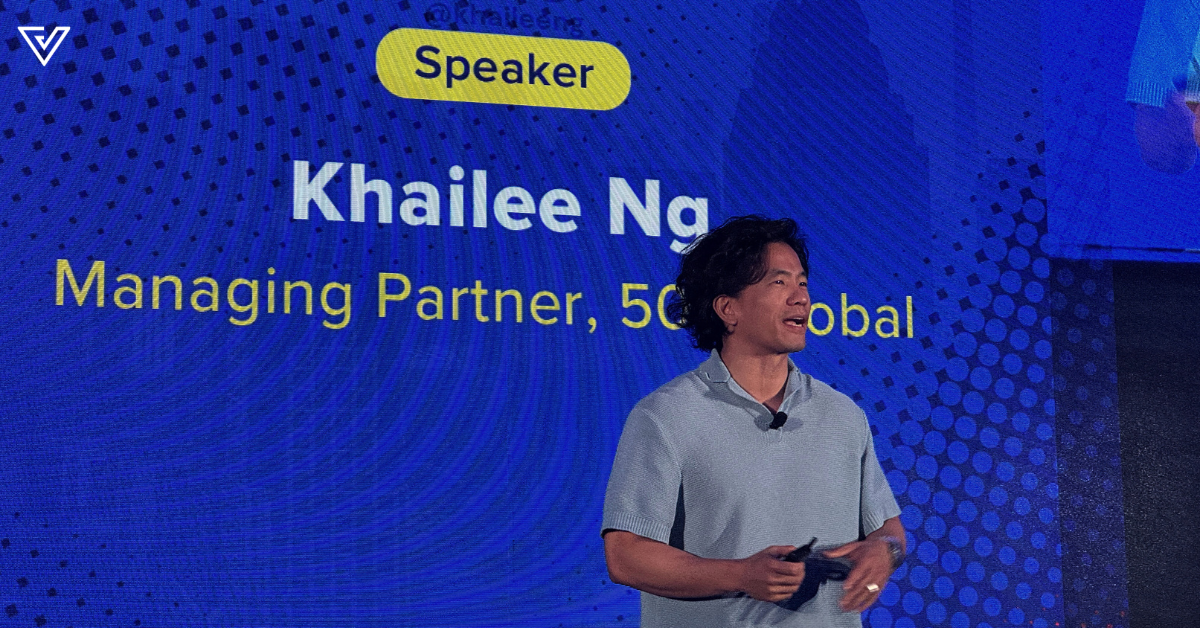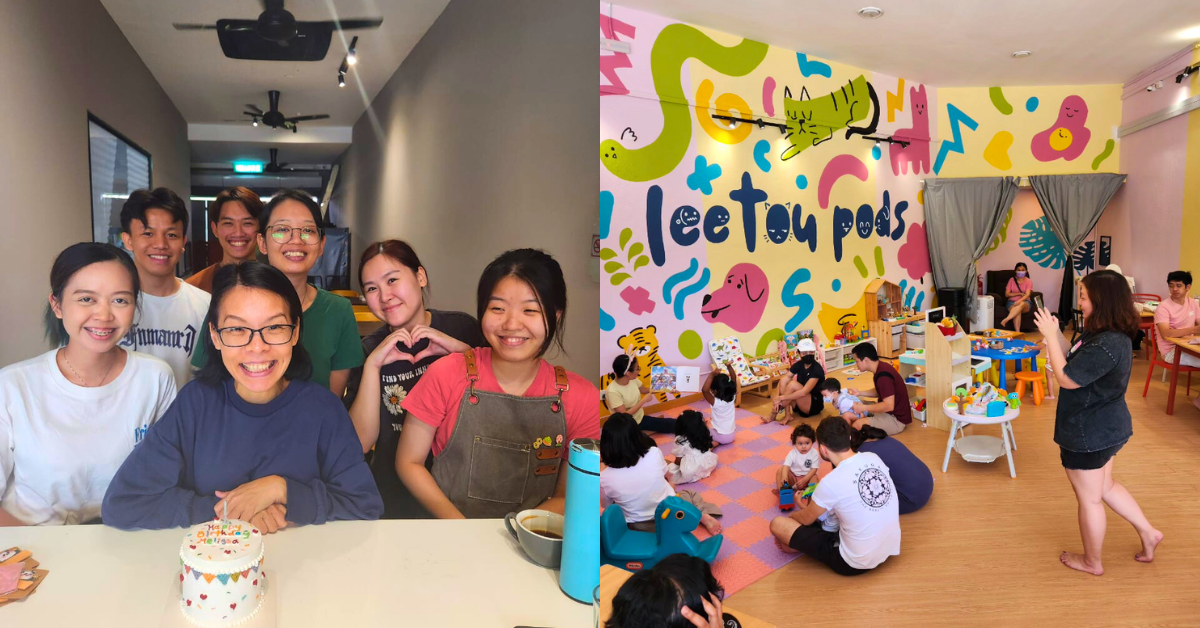This article series is in conjunction with Entrepreneurial Nation (E-Nation) Symposium, a 4-day event at MaGIC with the theme “Shaping An Entrepreneurial Nation”. The event will cut across 6 main pillars (Creative, Corporate Innovation, Education, Entrepreneurship, Policy and Social Entrepreneurship), with the objectives to:
1) bridge ecosystem players together to exchange ideas, promote collaboration and foster networking opportunities;
2) highlight recent entrepreneurial initiatives;
3) gather influential entrepreneurs and speakers to share rich knowledge and information to attendees;
4) promote the concept of social innovation and social responsibility to encourage the adoption and understanding of the conscious entrepreneurship concept.
This article is the final part of the series.
Earlier this month, MaGIC brought together over a mixed bag of entrepreneurs, students, industry experts, investors and more in their E-Nation Symposium.
In her opening speech, MaGIC’s CEO Dzuleira Abu Bakar told the crowd, “We hope that you would have gained the required knowledge, network and resources for all of you here to kickstart your own entrepreneurial ventures or to grow existing ones.”
When you gather a group together in the name of entrepreneurship, you’ve already set a pretty high bar for yourself. After all, the spirit of entrepreneurship is all about change, growth, innovation, and acceleration.
As an attendee, I did have a few observations, and I think that these are all signs to a good start towards the vision of the National Entrepreneurship Policy (DKN 2030) to mould Malaysia into an “Entrepreneurial Nation” by 2030.
1. A strong representation of women
I have very mixed feelings on female-only panels for one reason: they tend to focus exclusively or one-sidedly on gender issues.
Gender inequality is real and should be discussed, but, as I’ve said before, “Give me female panels where women speak as experts in the industry, not as ‘women in the industry’.”
That came true at this event.

It wasn’t just a fluke—we had plenty of female speakers who made their voices heard across a range of topics from impact investments to government policy.
And it didn’t hurt that the CEO of MaGIC is a woman, and the first keynote was also by a woman, Vivy Yusof.

Why did I choose to make this my first observation? In 2018, female founders in USA raised a total of 2.2% of venture capital money. Let me put it another way: 50% of the population only had access to 2.2% of the funds.
That’s a damning statistic, and it is one we do not want to see repeated in our region.
Giving female leaders visibility and presence is one of the ways we can reverse such inequality, and it’s important that entrepreneurial events take note of this.
When all our ideas and businesses come from just one pool or one demographic, we lose out. This diversity matters for our future businesses and innovation.
And speaking of the future, I also observed…
2. Students that were unafraid to voice out questions
A lot has been said about the standard of education in our country, but I think someone is doing something right.
On the last day of the event, there was a job fair going on at the same time, and when one of the moderators did a quick survey, about 33% of the audience in the hall consisted of students.
What impressed me? At the Q&A sessions, almost all the questions were asked by students.
Sure, some of them stuttered. Some of them didn’t know how to phrase the questions.
But I have to admire the guts it took to raise a hand, pick up a mic, face a hall of strangers, and voice out thoughts.
That courage to step out is a good sign of future entrepreneurs. After all, entrepreneurs do have to step out, and stand strong even when things aren’t easy. They’ll have to go against the grain and common knowledge to achieve their goals.
3. Panelists connecting and discussing collaborations
Sometimes you get to see eureka moments. That’s what I observed at some panels, where the panelists themselves found that they were learning, instead of just being there to impart knowledge.
At the education industry panel, the panelists actually came to the realisation that they were striking out alone trying to achieve the same objectives.
It’s hard to say if anything will come out of such revelations, but I like to think it’s a good start.
4. A strong and practical focus on social entrepreneurship
With added support of RM10 million from Budget 2020, MaGIC seems committed to pursuing its mandate to grow social entrepreneurship in Malaysia, and it showed in E-Nation.
Social entrepreneurship was heavily featured across a range of topics, from getting social entrepreneurs to share their stories, to building ecosystems, to impact investing, and even highlighting the extra “edge” that being a responsible business brings.

If you walked into the symposium with zero knowledge of social entrepreneurship, you probably had ample opportunities to not just be exposed to it, but also get a direct glimpse into the heart of how it works, how it is built and the why behind it all.
Why is social entrepreneurship important? I believe that all forms of entrepreneurship will slowly evolve towards a form of social entrepreneurship in the future. We’re moving past the age where companies can just exist to create products and services in exchange for money. Businesses have to tell stories, and consumers are starting to move towards businesses that tell stories of being responsible and creating positive impact.
A good example is the fast fashion industry, which is famously, or should I say, infamously dying. Although it came into being to fulfill the consumer need for cheap and trendy clothes, consumers expect more of their brands now. They want the brand to be both sustainable and ethical, and they’re willing to pay more or leave brands that don’t keep to that narrative.
-//-
It’s a bit of a cliché to say that entrepreneurship isn’t easy, but it really isn’t.
The clock is ticking, and without a practical and directed focus towards encouraging its growth, Malaysia as an Entrepreneurial Nation by 2030 is just a fancy pipe dream.
Vision 2020 is less than a year away and we have merely a decade for Entrepreneurial Malaysia 2030. The good work must begin now.
- You can read more on what we’ve written about MaGIC here.









